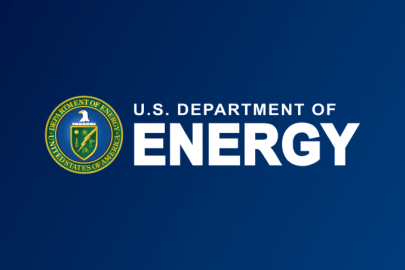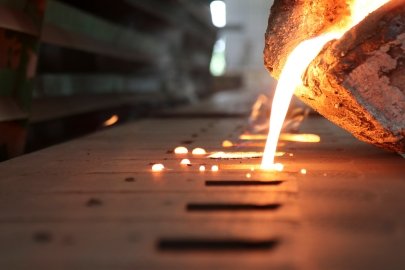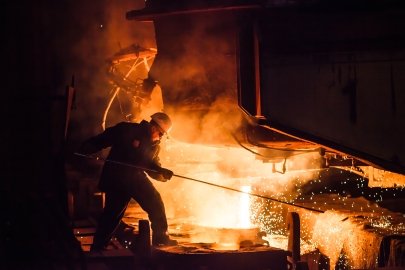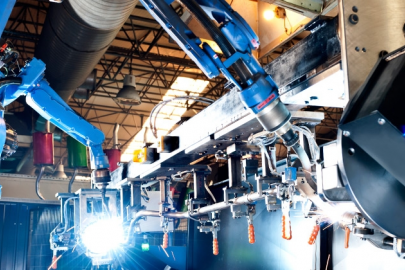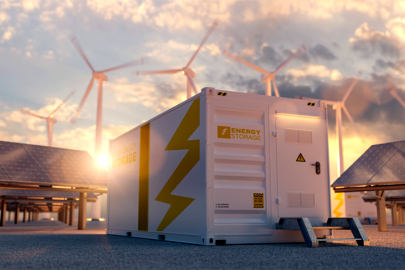
INDUSTRIAL HEAT SHOT™ SUMMIT
The 2023 Industrial Heat Shot Summit was held virtually Oct. 23. View the recording and materials.
In an effort to drastically reduce emissions from the energy-intensive process of industrial heating, the U.S. Department of Energy (DOE) launched the Industrial Heat Shot™. Part of DOE’s Department-wide Energy Earthshots Initiative™, the Industrial Heat Shot™ aims to develop cost-competitive industrial heat decarbonization technologies with at least 85% lower greenhouse gas emissions by 2035.

Learn more about DOE's effort to slash carbon emissions from industrial heating:
The Industrial Heat Shot™ will support the overarching strategy detailed in DOE’s Industrial Decarbonization Roadmap. The Roadmap emphasizes the urgency of deep decarbonization across the industrial sector and presents a staged research, development, and demonstration agenda for industry and government that will deliver the technologies needed to dramatically reduce emissions, increase American manufacturing competitiveness, and create high-quality jobs.
This achievement would put the American industrial sector on course to reduce its carbon-equivalent emissions by 575 million metric tons by 2050, which is roughly equal to the emissions generated by all passenger cars on the road in 2020.
Industrial heating refers to the many methods by which heat is used to transform materials into useful products. Heat is used to remove moisture, separate chemicals, create steam, treat metals, melt plastics, and much more. Industrial heating accounts for about 9% of the entire U.S. emissions footprint.
In 2020, the industrial sector accounted for 33% of the nation’s primary energy use and 30% of energy-related carbon dioxide emissions. The industrial sector is uniquely difficult to decarbonize, due in part to the variety of energy sources powering its vast array of industrial processes and operations.
DOE hosted a webinar to provide background information on the Industrial Heat Shot™ and outlined how DOE will work with industry, academia, and the U.S. National Laboratories on research, development, demonstration, and deployment of technologies to decarbonize industrial heat.


